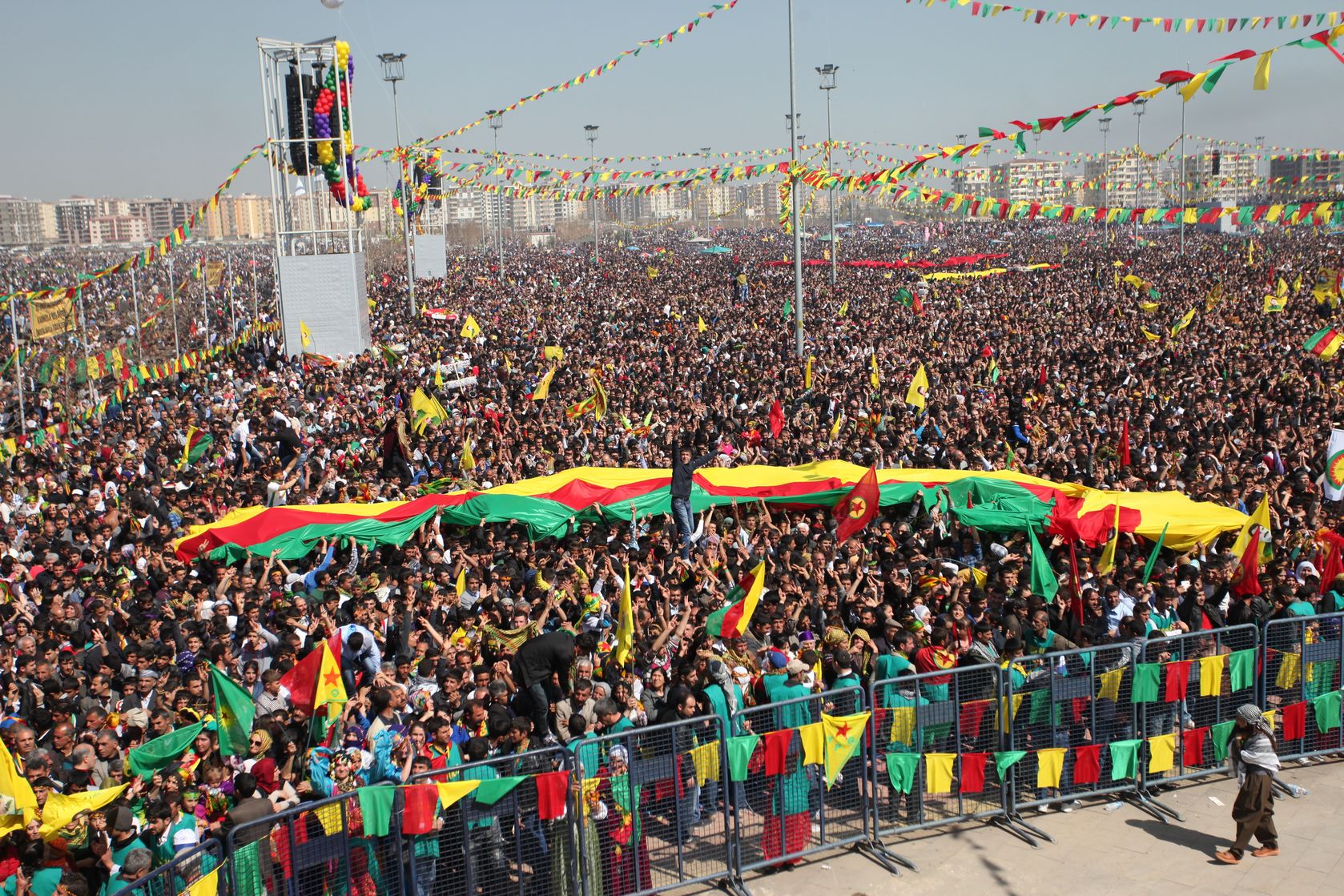Between Russia supporting Damascus, NATO intervention in Syria and Mesopotamia, Sunni Jihadi presence in the region, and Iranian backing of Shia armed forces, the geopolitical climate is such that injustices often pass relatively unnoticed. Ostensibly the West’s main Muslim ally in the region, Turkey’s pernicious treatment of its Kurdish minority is a perfect example of such an instance. After years of concrete, though tension-filled, truce, 2015 has seen the recommencement of hostilities between the Turkish government and the PKK, the separatist Kurdish Workers’ Party. The latter has been condemned for years by both Turkey and Western powers as a terrorist organization, but until recently the organisation had come to terms with Ankara. Trying to ascribe fault to either party, both on a moral and pragmatic level, would result as intricate and petty as it would appear controversial. But what can be safely declared without incurring in just accusations of shallowness, are the shadiness and cynicism of Turkish political attitudes on the matter. Turkey is by no means the first European, or prospective European, country to face problems with domestic ‘terrorism’ of a separatist nature; but Ankara is not London and Diyarbakir is not Belfast. To assume moral equivalence would be to disregard all evidence, and to refuse to look at the facts.
Along with the run-of-the-mill repressive measures that Nation-states implement to repress militant independentist movements, such as the outlawing of political parties (as the PKK currently is), Turkey is determined to play dirty. Since October, two terrorist attacks in Turkey have been attributed to separatist Kurdish movements. However, the Ankara attack has been strongly linked to ISIS, and the Turkish authorities failed to demonstrate the PYD’s (Syrian-Kurdish independentist movement) direct involvement in the February 17th attack. But Erdogan’s arsenal for the campaign against the Kurds is not limited to defamatory claims alone, nor is the campaign’s attack limited to the Turkish Kurds. In various instances, none of which Erdogan and his cabinet, the Turkish military has reportedly been shelling Syrian military positions belonging to the YPG (Kurdish People’s Protection Units). This, of course, is the same YPG which is fighting ISIS and is being sponsored by the U.S., against whom Erdogan has been conducting his diplomatic attacks. If one looks at Turkey’s actions objectively, it should become clear that these measures represent a clear charge over no-man’s land against an ill-equipped foe, which has been attacked on two fronts.
This situation could be readily dismissed as an ethno-sectarian expression of the current Middle-Eastern free-for-all, if it were not for an oft-overlooked historical precedent: the Armenian genocide. This historical bloodbath, along with the Turkish denial of its occurrence (speaking and writing on the Eastern Shoah can be criminalised on the grounds it insults Turkey), should already be a red flag. Often, to draw such historical parallels is as dangerous as it is simplistic, but not in this case. To begin with, the hatred of Kurds is not confined to the state and authorities, but is endemic in Turkish society. Recent Russian support for the Kurdish cause in Syria adds to the mixture the Orwellian fear of internal enemies supported by foreign powers, which so often escalated to minority persecution. The cluster of Middle Eastern civil strife and wars are equipping the Turkish government with a useful drape, behind which low punches can hardly be seen.
Considering these premises, Kurdish agitation should become understandable to say the least. Turkish hate reserved for Kurds is only overshadowed by their loathing of Armenians. In 1915, the Armenians were accused of betrayal and of supporting the belligerent Russian Empire, all of this under ‘the fog of war,’ of World War I. Marxist lines on history repeating itself are not always clichés. The Turkish governmental rhetoric is not helping either, but fanning the flames of conflict. Ahmet Davutoğlu, a Turkish PM, commented that ‘those who see Turkey’s enemy as their friend will lose Turkey’s friendship’. This is nothing but a polite rendition of Mussolini’s maxim ‘Either with us, or against us’.
All things considered, ethnic repression on a 20th century scale is probably unlikely. But this has very little to do with the benevolence and magnanimity of Ankara, or indeed its progress as a state. Speaking at the Oxford Union last Tuesday, Ali Babacan, former Deputy Prime Minister of Turkey, quite rightly claimed Turkey was modernising and secularising at a fast rate. Indeed they have passed from persecuting Christian Orthodox Armenians to oppressing fellow Sunni Muslim Kurds; surely evidence of Turkish fairhandedness and ambivalence. But a series of international and diplomatic developments will prevent the conflict from escalating further. The growing threat posed by ISIS, Turkish European Union membership aspirations, and the U.S.’s backing of Syrian Kurds should all put Turkey on the road to Damascus and political convenience. For the moment, however, this will not prevent small scale discrimination and military action against Tukey’s largest minority, or their neighboring kindred. Nor will it end the conflict, or avoid it resurfacing in some years’ time.



